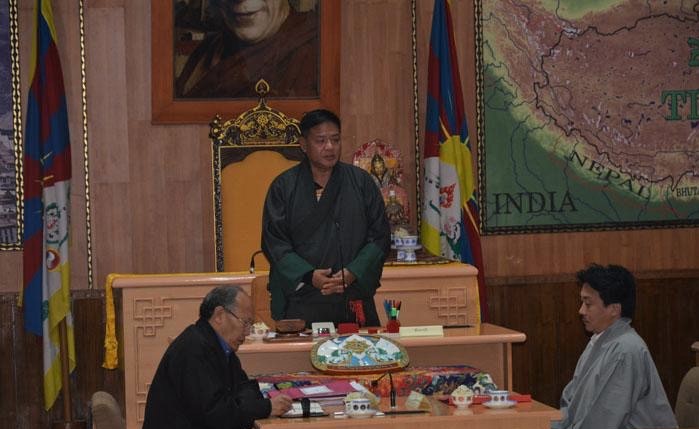The last few months have been significant in the Tibetan political calendar. The US has recognised the Tibetan independence struggle from China. The Tibetans have elected Penpa Tsering as their new President for the Government-in-exile. And, the race to anoint the new spiritual successor to the Dalai Lama becomes more complex.
After taking over as the President–the Sikyong–of the Central Tibetan Administration (CAT), Tsering reached out to the Chinese government to find a mutually beneficial and peaceful solution to the Sino-Tibet conflict. This is a position which the spiritual head of the Tibetan Buddhists, the Dalai Lama, has also expressed.
Currently, China has been pursuing a strategy under which it would like to choose the successor to the Dalai Lama. The Communist country has also said that the selection of the Dalai Lama's successor has to be with the approval of China, which goes against the accepted tradition of the Dalai Lama himself choosing his successor.
As China asserts itself militarily against its neighbours across the world, and within its boundaries against its ethnic minorities, it has also increased surveillance and suppression of the Tibetans in their own homeland, which it had annexed in 1951.
In a detailed interview with Indian strategic affairs magazine StratNews Global, Tsering–the newly-elected President of the Tibetans–speaks on a large number of issues. He asserts that the CAT remains the sole voice of the Tibetans inside and outside Tibet. He also speaks about the new White Paper that China has released on Tibet.
Check out Tsering's interview with Nitin A. Gokhale, StratNews Global Editor-in-Chief.




















